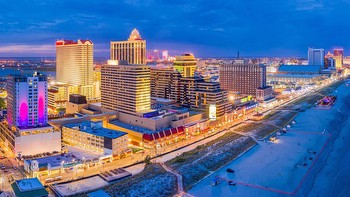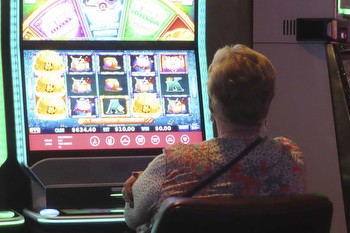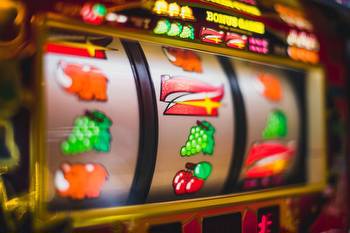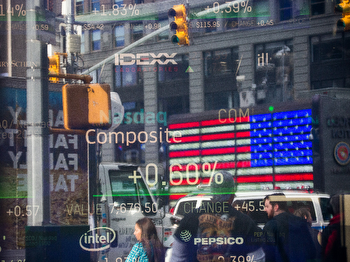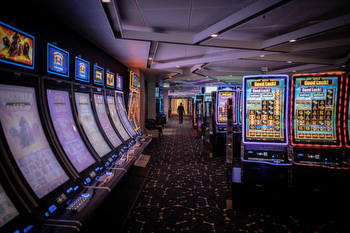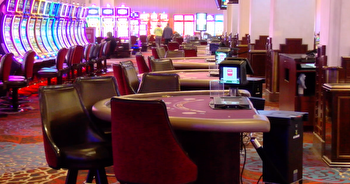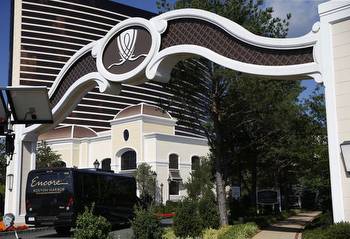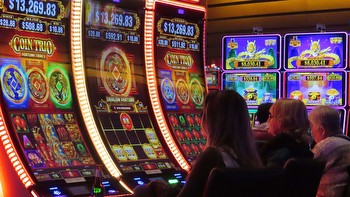UKGC Gambling Figures Show a 14% Decline

Despite a buoyant forecast at the start of the year, gambling revenue took a tumble of 14% in June. Data from the UK Gambling Commission shows the sector to be down on previous months, possibly as a result of a range of socio-economic factors.
UK Gambling Down 14% in June
In February, figures indicated that spending on gambling in the UK was on the rise. Spurred on by excellent offerings from the iGaming sector and a post-pandemic return to major sporting events, the industry was booming. However, revenue in this first quarter dropped a marginal 1% on figures from the previous year. June’s figures show a larger slide at 14%, with the online sector taking the hardest hit.
This slide took UK gambling revenue down to £370.2 million per month, 20% lower than the January total. It was, however, not the lowest month of the year, which was March. One of the only sectors to see growth was eSports betting. This rose by 38.3 per cent to £924,300 a month.
The results of this do not seem to have come from problems from the gambling sector itself, but through other socio-economic factors. Even other entertainment platforms such as streaming television are reporting losses along with a downward curve in retail sales.
Problems Impacting Consumer Spending
The most obvious cause of this is the UK’s soaring inflation. Actual inflation hit 10.10% in August and was around 9% in June. This is a hard blow to the purses of many UK households who are trying to pay mortgages and other debt. With the UK heading into a recession, it seems that entertainment spending may be one of the first places money can be saved.
As far back as January, a study by KPMG involving 3,000 households suggested that around 32% of them planned to cut back on household spending in the year. Taken in January, this was before many of the recent price hikes took place.
When placed against the backdrop of rising food prices, this seems inevitable. In the past year, prices for basic staple food goods have been rising. The UK’s Office for National Statistics noticed that, in April alone, pasta rose by an astounding 50%. An increasing world population has not helped this, and nor have grain blockages from countries in Eastern Europe.
Increase in Energy Prices
The final factor has been the increase in energy prices and fuel. With the energy price cap lifted, it is now expected the average UK household will spend around £3,600 per year on heating alone. UK gas prices have risen by four times from what they were a year ago. This is causing a genuine crisis across the country, in what is being dubbed fuel poverty. Not only will this hit households, but many small businesses rely on gas to operate.
All this has been on a backdrop of wage stagnation that has been in place since the financial crisis of the late 2000s. Earnings are increasing by around 4% annually. This is below the rate of consumer goods inflation, meaning most people are being priced out of the essentials required for living. While some sectors, such as haulage, have had increases, others have not. This is now evident in the many strikes that are crippling areas such as the rail network.
What Does the Future Hold?
It is uncertain how this will impact the igaming industry in the coming years. With many people still adjusting to the post-pandemic world and these extra financial burdens, it is unsure how much disposable income will be available to consumers for entertainment purposes. For some, it may be a case of changing budgets and cutting back in other places. Some may not have that option.
It is also worth noting that the second quarter of the year is always a slightly lower one for the gambling industry. With fewer major events and the summer sun taking people outside, less money is spent on the sport each year. The industry may pick up in the autumn months.








